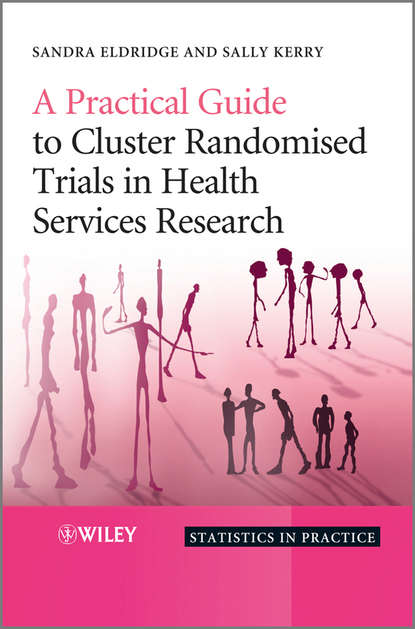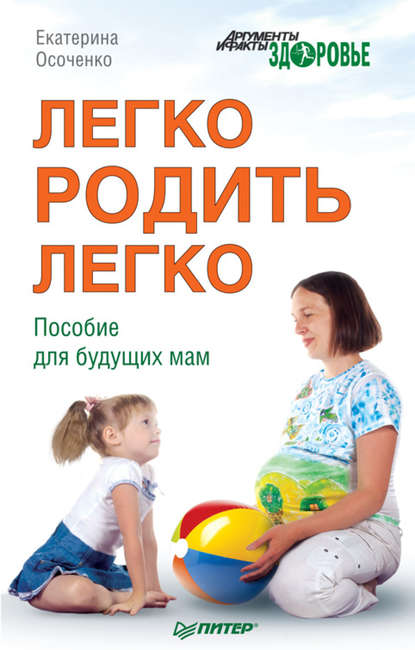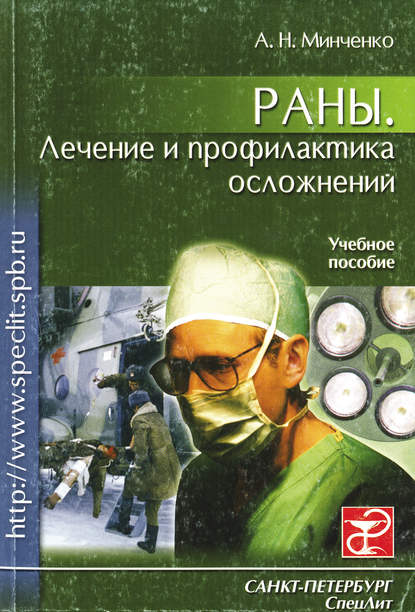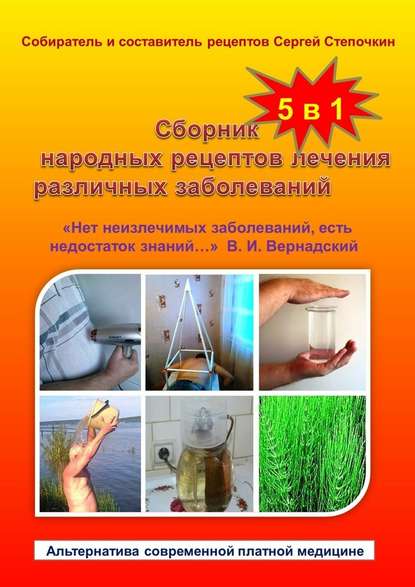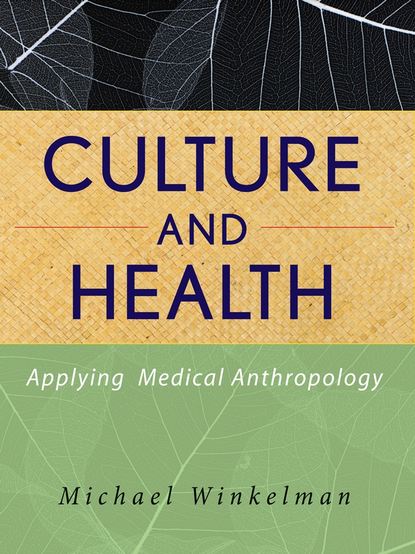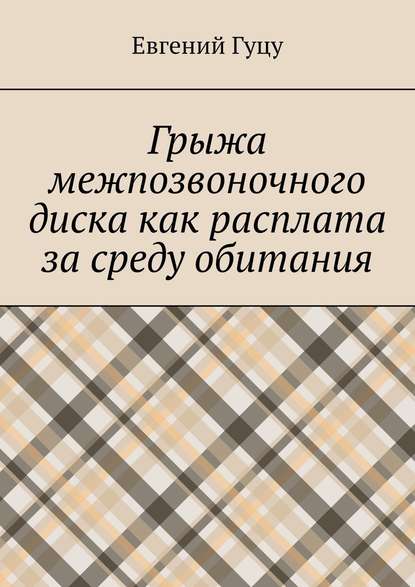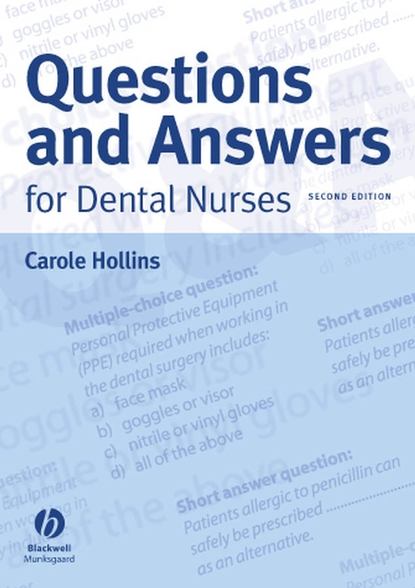"Практическое руководство по кластеризованным рандомизированным клиническим исследованиям в области здравоохранения" - книга, которая охватывает статистические, практические и этические вопросы, связанные с проведением клинических исследований, в которых группы людей (или кластеры) случайным образом распределяются на различные формы лечения. В здравоохранении такие исследования часто сравнивают различные способы лечения болезни или способы продвижения здорового образа жизни, в отличие от обычных рандомизированных исследований, в которых случайным образом выбираются отдельные люди для сравнения новых лекарств с плацебо. Книга представляет собой практическое руководство, которое поможет читателям пройти через все этапы проведения клинического исследования, начиная от рекрутирования участников до отчетности. В книге представлены многочисленные примеры, особое внимание уделено исследованиям в области здравоохранения и первичной медицинской помощи, и объясняются как принципы, так и техники проведения исследований. Книга адресована исследователям из медицинских профессий, включая врачей, психологов и профессионалов смежных отраслей здравоохранения, а также статистикам, занимающимся проектированием, выполнением, анализом и отчетностью кластеризованных рандомизированных исследований.
This is a guide to cluster-randomized trials conducted in the context of health services research, authored by Kerry Sally. The book aims to address the statistical and practical issues including the ethics associated with assigning groups or clusters to different intervention designs.
The author provides a thorough breakdown of the various stages involved in conducting such trials, ranging from recruitment to final report writing. To supplement this, the book covers a comprehensive range of practical examples, specifically focusing on health services and primary health care while emphasizing the principles used in each approach.
Further, topics are organized chronologically based on how they would naturally surface when trying to design such a research study. The combined details regarding recent research and the practical guidelines for planning and realizing cluster-random trials make this resource an invaluable resource for investigators in this field.
With the examples taken from personal experiences of the author, this book serves as both a static reference as well an easy-to-follow steppingstone for anyone wanting to assimilate into the field and design their own investigations within cluster randomized trials.
Электронная Книга «A Practical Guide to Cluster Randomised Trials in Health Services Research» написана автором Kerry Sally в году.
Минимальный возраст читателя: 0
Язык: Английский
ISBN: 9781119966258
Описание книги от Kerry Sally
Cluster randomised trials are trials in which groups (or clusters) of individuals are randomly allocated to different forms of treatment. In health care, these trials often compare different ways of managing a disease or promoting healthy living, in contrast to conventional randomised trials which randomise individuals to different treatments, classically comparing new drugs with a placebo. They are increasingly common in health services research. This book addresses the statistical, practical, and ethical issues arising from allocating groups of individuals, or clusters, to different interventions. Key features: Guides readers through the stages of conducting a trial, from recruitment to reporting. Presents a wide range of examples with particular emphasis on trials in health services research and primary care, with both principles and techniques explained. Topics are specifically presented in the order in which investigators think about issues when they are designing a trial. Combines information on the latest developments in the field together with a practical guide to the design and implementation of cluster randomised trials. Explains principles and techniques through numerous examples including many from the authors own experience. Includes a wide range of references for those who wish to read further. This book is intended as a practical guide, written for researchers from the health professions including doctors, psychologists, and allied health professionals, as well as statisticians involved in the design, execution, analysis and reporting of cluster randomised trials. Those with a more general interest will find the plentiful examples illuminating.
